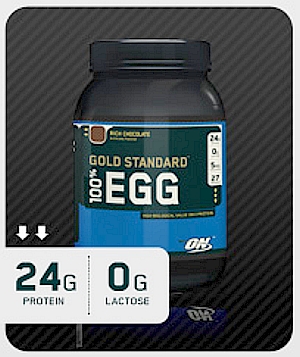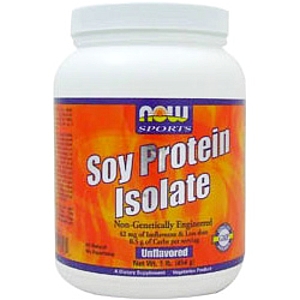Got Health? New Hypothesis for Milk Protein as Risk Factor

It’s not the first time that dairy foods have been associated with health risks, but the attention is usually focused on the effects of milk’s naturally-occurring saturated fats and cholesterol, as well as drug and hormonal contamination. More recently, researchers have been looking at the possible long-term effects of milk protein consumption, and they do mean ‘long-term’, going so far as to suggest prenatal effects in expectant Mom’s who consume dairy. But for the millions of nutritionally-conscious consumers who consider dairy protein like whey an important part of their regimen – not to mention the brands that market such supplements – this just-published study raises more questions than answers. We’ll try to put it into perspective in today’ AllStarHealth blog.
The PubMed abstract is brief, but long enough to drop its bombshell hypothesis: “…
milk protein consumption is an essential adverse environmental factor promoting most chronic diseases of Western societies”. Chronic diseases of Western societies to which they refer include cardiovascular disease diabetes, cancer, hypertension, obesity, dementia, and allergies. Authors of the German study in the June 2009 edition of Medical Hypotheses write that their hypothesis isn’t something they’ve pulled out of thin air, or sought out in support of dietary lifestyles like veganism but instead is based on “an accumulated body of evidence for the adverse effects of cow’s milk consumption from fetal life to childhood, adolescence, adulthood and senescence”.
In defense of their hypothesis, and as a possible mechanism linking the milk protein to the disease risk, the authors point out some already-established findings. One is that milk protein raises insulin levels excessively after meals (a condition known as postprandial hyperinsulinemia). Another is that milk protein upsets the healthy ratio of human growth hormone to IGF-1, in such a way that emphasizes IGF-1’s effects, which include the development of some of the chronic diseases mentioned above as well as like acne, obesity, and neurodegenerative diseases.
The authors are especially concerned by the possibility that the consumption of milk proteins during pregnancy by altering the fetal programming of the IGF-1/HGH axis, influencing health later in life.
What does a study like this mean for the millions of regular users of dairy foods and milk protein supplements? Is it time to discard protein supplements altogether and find another way?
Definitely not, or, at least not until many more questions have been answered. This study and its hypothesis are an intriguing and important starting point, but as we said at the top, far more questions than answers emerge given the great number of variables that warrant further investigation.
The first question, assuming the hypothesis is correct, is whether the milk protein itself is the culprit or if it’s something specific in the milk protein. Milk protein is, after all, actually a complex mixture of proteins. If there indeed is increased diseased risk from milk protein, is it due to a specific component or components in milk protein or the whole protein itself? If so, it opens the possibility that that factor could be identified and removed from milk products.
Since the heat of pasteurization denatures (damages) protein, and since so many dairy foods are pasteurized, could pasteurization be inducing changes in milk protein that in turn induce diseases risk?
Just as athletes have higher (sometimes much higher) protein requirements than sedentary or most elderly people, human nutritional requirements for protein are wide-ranging. Does the gross nutritional requirement for protein influence any risk from milk protein in particular? Is the risk factor any different in those with a higher or lower physiological need for protein?
With the hundreds of types of diary foods consumed worldwide, does the source of the dairy protein matter? This is relevant because, by far, most milk proteins are consumed in the form of whole milk products which also contain fats, sugars and other nutrients besides the milk protein. The only exceptions are fat-free dairy and certain virtually fat-free milk protein supplements. In virtually every other cases, no one ever consumes ‘just’ milk protein without also ingesting all the many other compounds in milk, making it hard to draw conclusions about the effects of only the dairy protein itself.
Given the commercial success of whey and other dairy protein supplements, and the long term health of millions of daily users of milk protein supplements, this study seems sure to attract a lot of attention. We expect future studies will provide some much-needed elaboration of any risk between milk protein and disease risk. There’s still a long way to go before anyone can confirm the authors’ hypothesis and isolate what compound in milk protein is responsible. It’d be an even further, and premature, stretch to apply this milk protein hypothesis to dairy protein supplements. But while we’re not giving up our whey protein shakes anytime soon, there have always been great non-dairy protein supplements available such as egg white and soy protein shakes.





